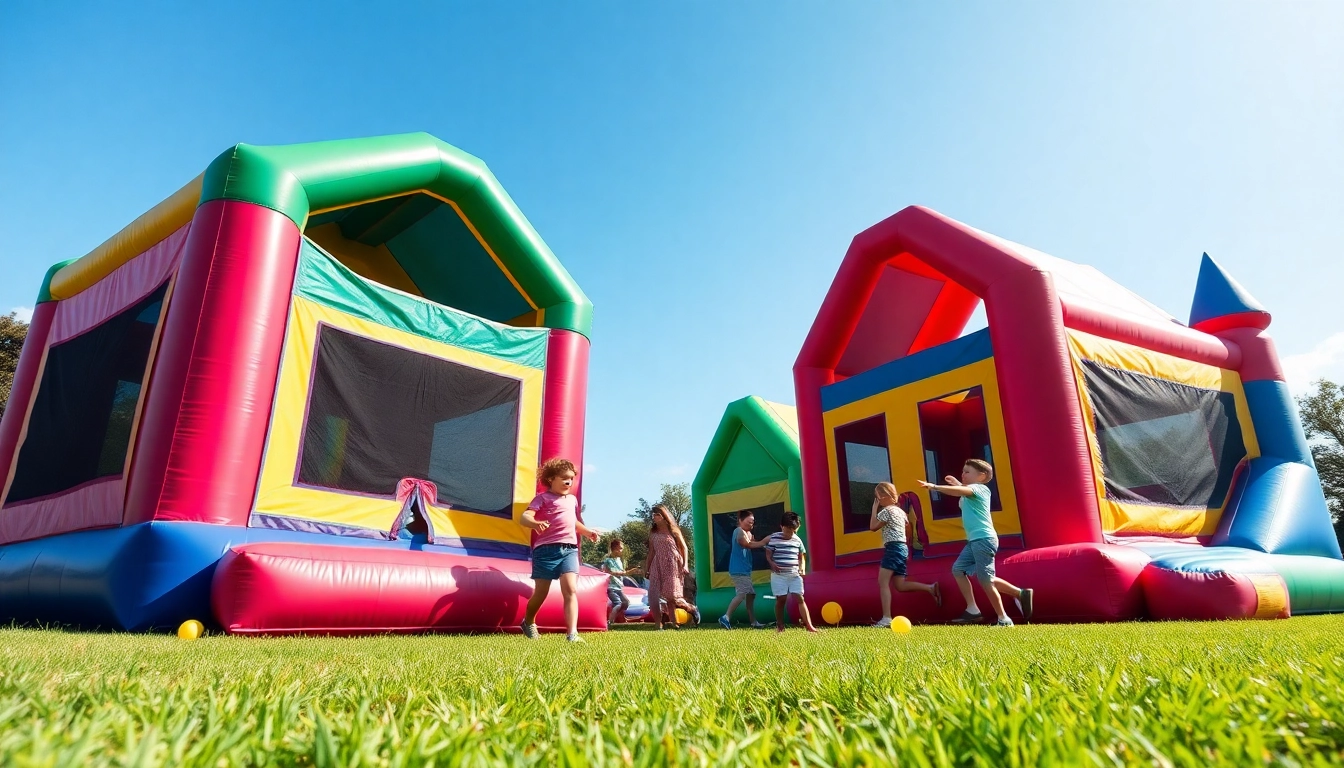Understanding the Concept of Holiday Camps
Definition and Overview of Holiday Camps
Holiday camps are structured programs designed for children and young adults to engage in recreational, educational, and social activities during school holidays. These camps provide a safe environment where kids can explore new hobbies, develop social connections, and gain valuable skills outside the classroom. Holiday camps generally focus on facilitating learning through play and hands-on experiences, catering to diverse interests and age groups.
History and Evolution of Holiday Camps
The concept of camps for children dates back to the late 19th century, primarily emerging as a response to the need for structured outdoor activities for urban children. Initially, holiday camps operated primarily in rural settings, offering boys and girls opportunities to connect with nature. Over the decades, these camps evolved from basic outdoor experiences to comprehensive programs, integrating both educational and recreational components. Today, many holiday camps include specialized programming such as STEM (Science, Technology, Engineering, and Mathematics), arts, sports, and personal development focused on holistic child development.
Types of Holiday Camps Available
Holiday camps can be broadly categorized into several types, each offering unique experiences tailored to various interests and age groups:
- Day Camps: These camps operate during the day, allowing children to engage in various activities while returning home in the evening.
- Residential Camps: These camps provide overnight accommodations, where participants stay on-site for a set duration, typically fostering deep connections and a strong sense of community.
- Specialty Camps: Focusing on specific interests such as sports, arts, or technology, these camps aim to provide expert-led experiences in a targeted area.
- Adventure Camps: These camps promote physical activity and excitement, often featuring outdoor adventures like rock climbing, hiking, and water sports.
- International Camps: Offering cross-cultural exposure, these camps allow children to explore languages and traditions from around the globe.
Key Benefits of Attending Holiday Camps
Social Skills Development Through Holiday Camps
Attending holiday camps presents a unique opportunity for children to enhance their social skills. Interacting with peers from diverse backgrounds promotes teamwork, communication, and conflict resolution. Participants learn how to collaborate on group activities, share resources, and engage in healthy competition, all essential skills for their future endeavors. Sharing experiences in a camp environment can also bolster friendships, as children bond over shared activities, games, and challenges.
Fostering Creativity and Independence
Holiday camps encourage creativity and independent thinking through various arts and crafts, games, and problem-solving activities. Children are often given the freedom to explore different creative outlets, from painting and music to acting and storytelling. This fosters a sense of self-expression, where kids can experiment without the fear of judgment, greatly enhancing their self-esteem and confidence.
Physical and Mental Health Advantages
The physical activities offered in holiday camps contribute significantly to children’s health. Engaging in sports and games aids in developing gross motor skills, physical coordination, and overall fitness. Additionally, mental health benefits arise from participating in enjoyable activities that promote mindfulness and relaxation. Camps typically encourage a routine that balances activity with downtime, allowing children to recharge while remaining engaged.
Choosing the Right Holiday Camps
Factors to Consider When Selecting Holiday Camps
When selecting holiday camps for children, parents should consider several factors, including location, cost, duration, and the specific interests of their children. Understanding the camp’s philosophy, program structure, and the staff-to-child ratio is crucial as well. Researching camp reviews and gathering feedback from other parents can provide invaluable insight. It’s also essential to ensure the camp aligns with the child’s personal interests to facilitate a positive experience.
Setting Goals for Your Child’s Camp Experience
Before enrolling a child in holiday camps, parents should set specific goals for what they hope their child will gain from the experience. These goals may include developing particular skills, enhancing social connections, or simply enjoying time away from home to foster independence. Clear objectives help guide the selection process and enable a focused experience that meets the child’s needs.
How Holiday Camps Cater to Different Age Groups
Holiday camps are often designed with age-appropriate activities tailored to various developmental stages. For younger children, programs tend to focus on basic motor skills, socialization, and exploring creativity through play. Older children might engage in more complex challenges that require critical thinking, collaboration, and leadership. Understanding the targeted age range of a camp can ensure that children are participating with peers at similar maturity levels, enhancing their social comfort and engagement.
Activities Offered in Holiday Camps
Creative Arts and Crafts at Holiday Camps
Creative arts and crafts are staples of holiday camps, providing children a chance to express themselves in innovative ways. Activities may include drawing, painting, sculpture, and various DIY projects. These creative outlets not only enhance fine motor skills but also inspire imaginative thinking and problem-solving. Art-focused camps might even have themed projects that help young artists discover historical art movements or learn about various cultural practices, enriching their understanding of the world.
Team Sports and Physical Activities
Sports play a vital role in healthy development, and holiday camps often offer a variety of team games such as soccer, basketball, or swimming. Physical activities foster teamwork and cooperation, essential life skills that translate beyond camp. These sports gatherings work to promote a sense of community, encouraging friendships and reinforcing sportsmanship values, all while keeping children physically active.
Educational Workshops and Themed Programs
Many holiday camps include workshops and themed programs focusing on specific skills or areas of interest. These can vary from science experiments and environmental awareness activities to music lessons and coding boot camps. By participating in such educational endeavors, children not only learn about their interests but also develop essential problem-solving and analytical skills that can be beneficial in academic and future career paths.
Ensuring a Safe and Positive Experience at Holiday Camps
Health and Safety Measures at Holiday Camps
Safety is a paramount concern in holiday camps, and reputable organizations develop comprehensive health and safety plans. These plans often encompass daily health screenings, emergency protocol training for staff, and ensuring that facilities meet safety regulations. Camps should document emergency contacts and address allergies and other health concerns to provide a secure environment for all participants.
Staff Qualifications and Training for Holiday Camps
The qualifications and training of camp staff significantly affect the quality of the camp experience. Staff should possess not only relevant educational backgrounds but also specialized training in child development and first aid. Ongoing training programs should ensure that camp leaders are equipped to handle various situations, fostering an environment of safety, support, and expertise.
Creating an Inclusive Environment at Holiday Camps
Inclusivity is a critical aspect of providing a positive camp experience. Camps should actively promote diversity and create a welcoming atmosphere for children from all backgrounds. This includes accommodating children with varying abilities and ensuring that activities are accessible to everyone. A commitment to inclusivity fosters a sense of belonging, allowing children to connect with their peers and build lasting friendships.

